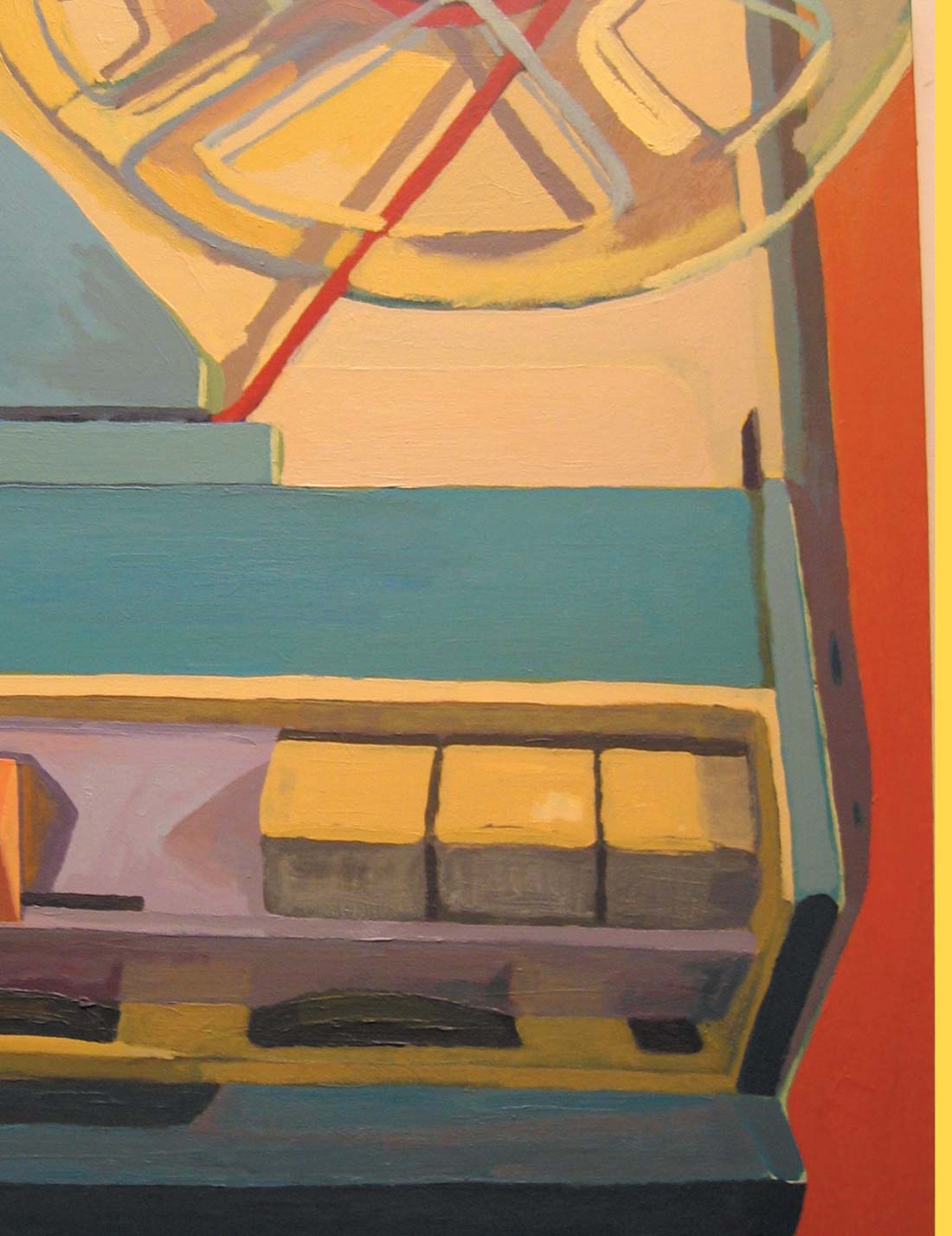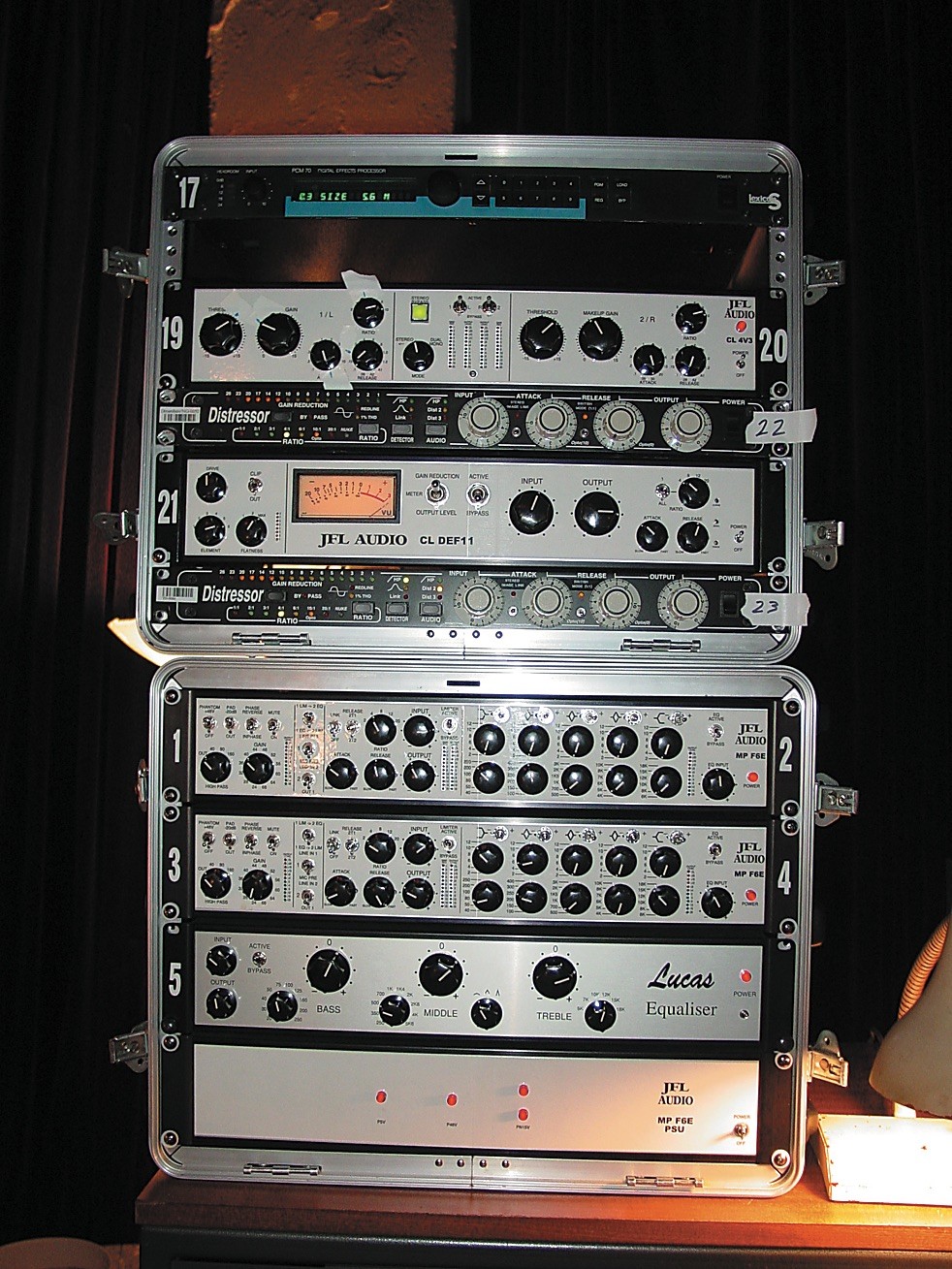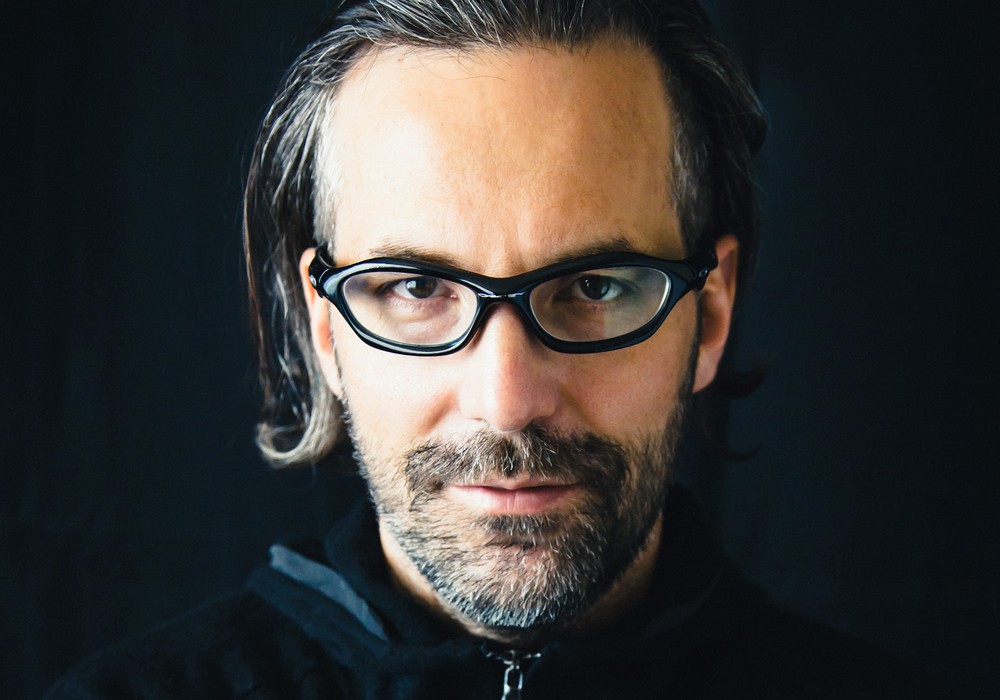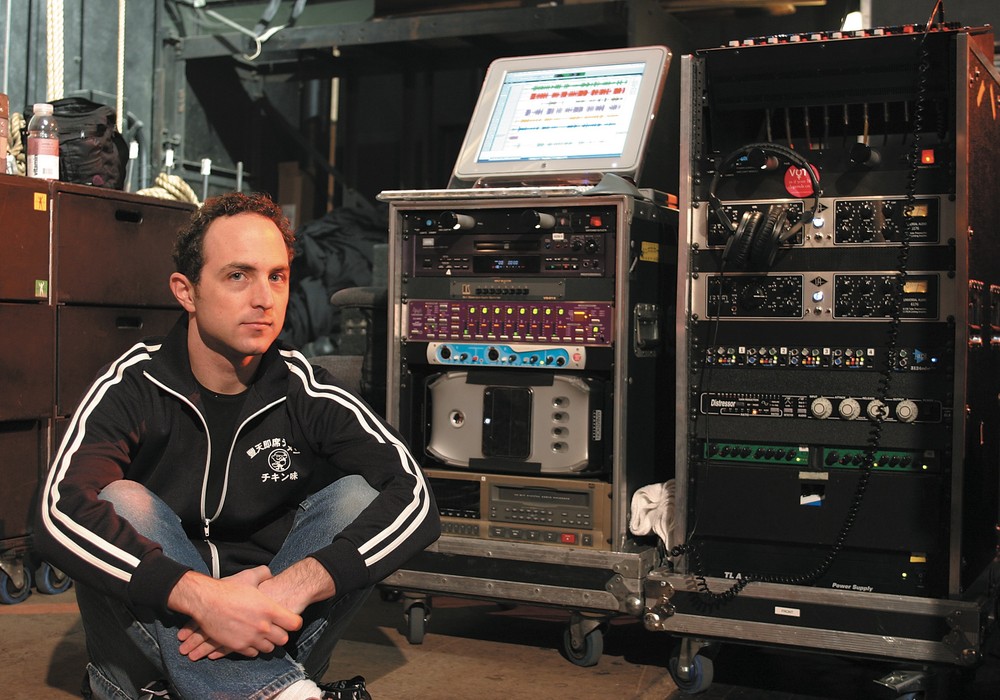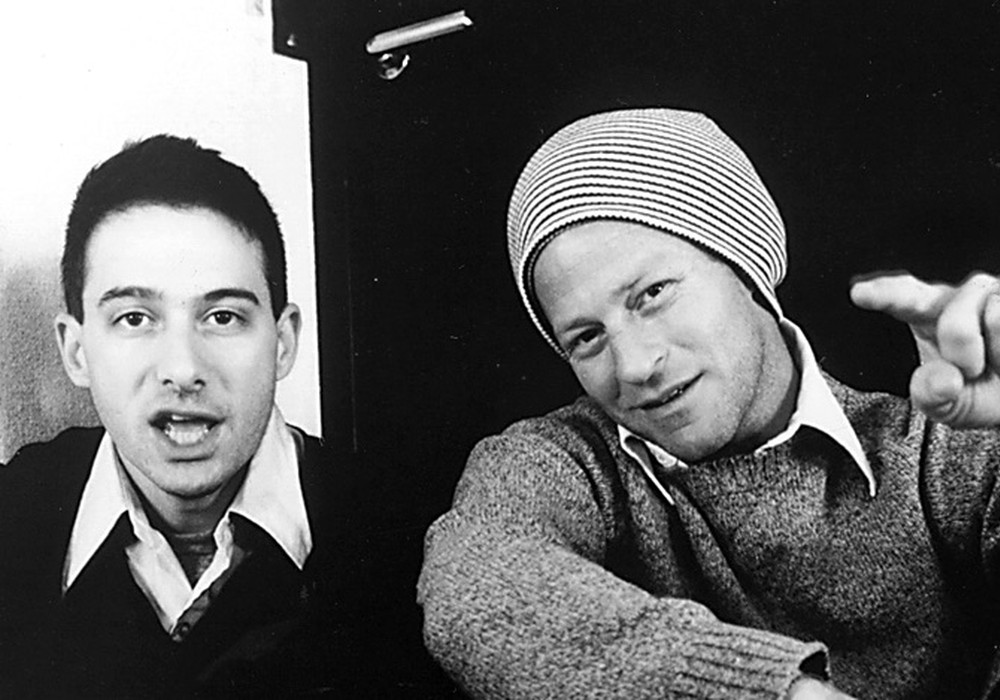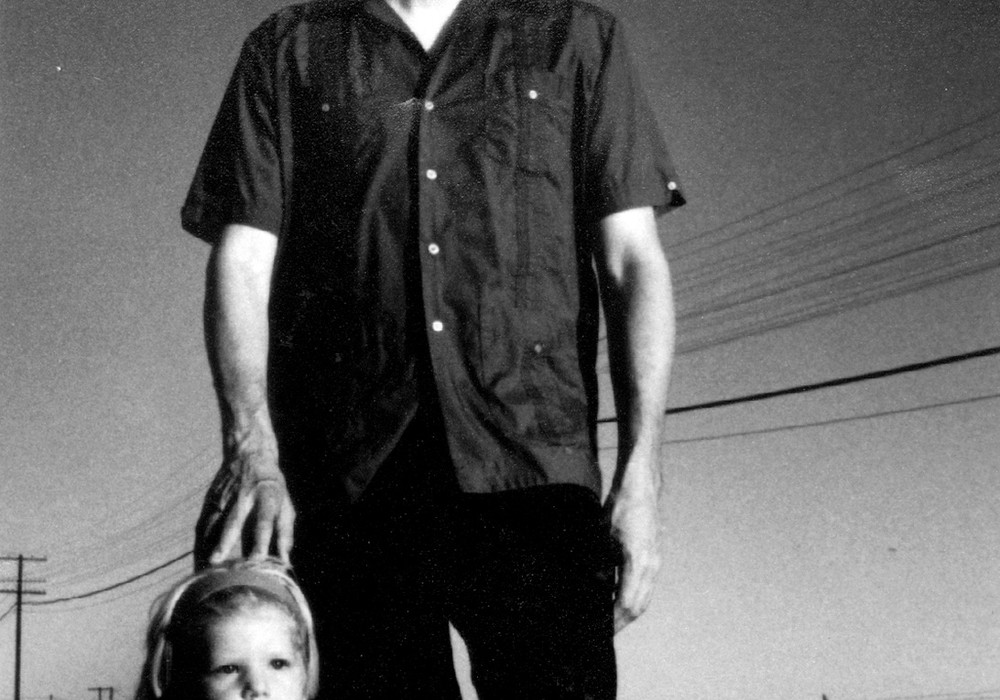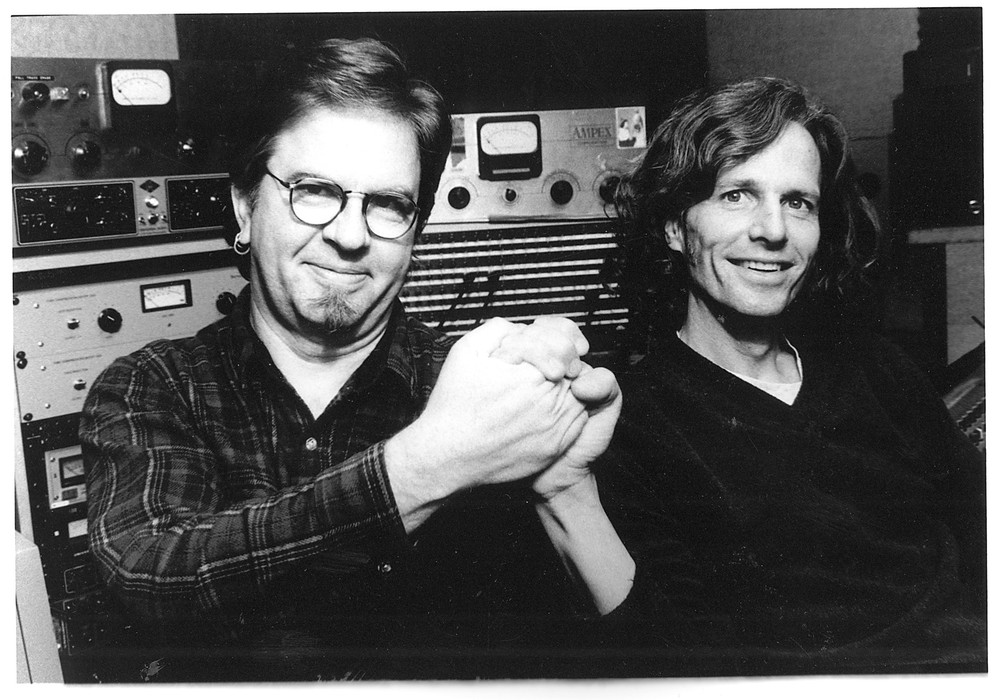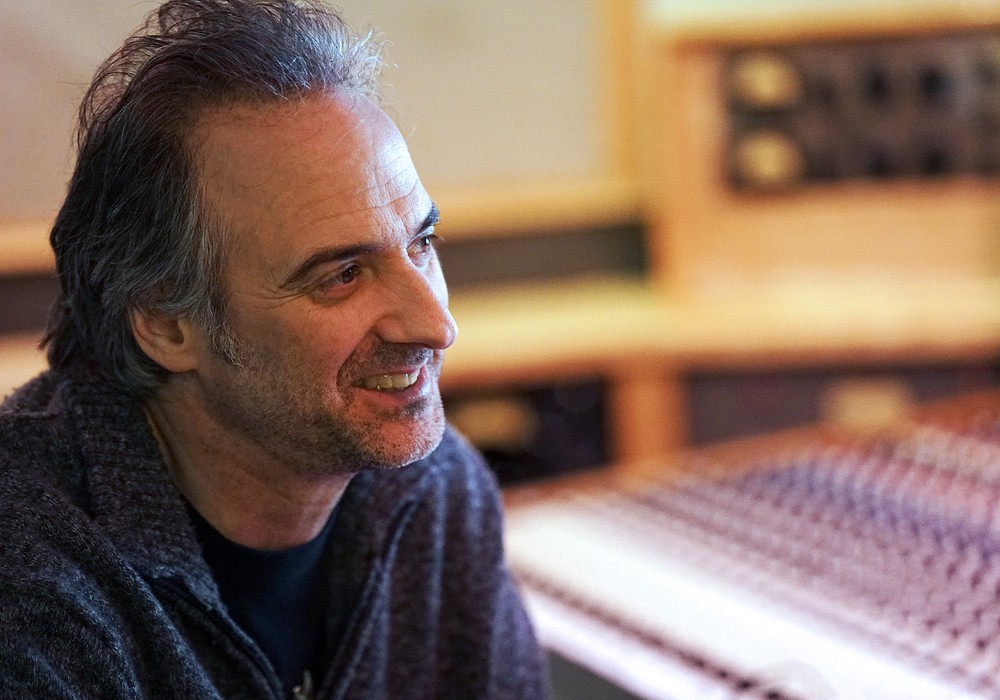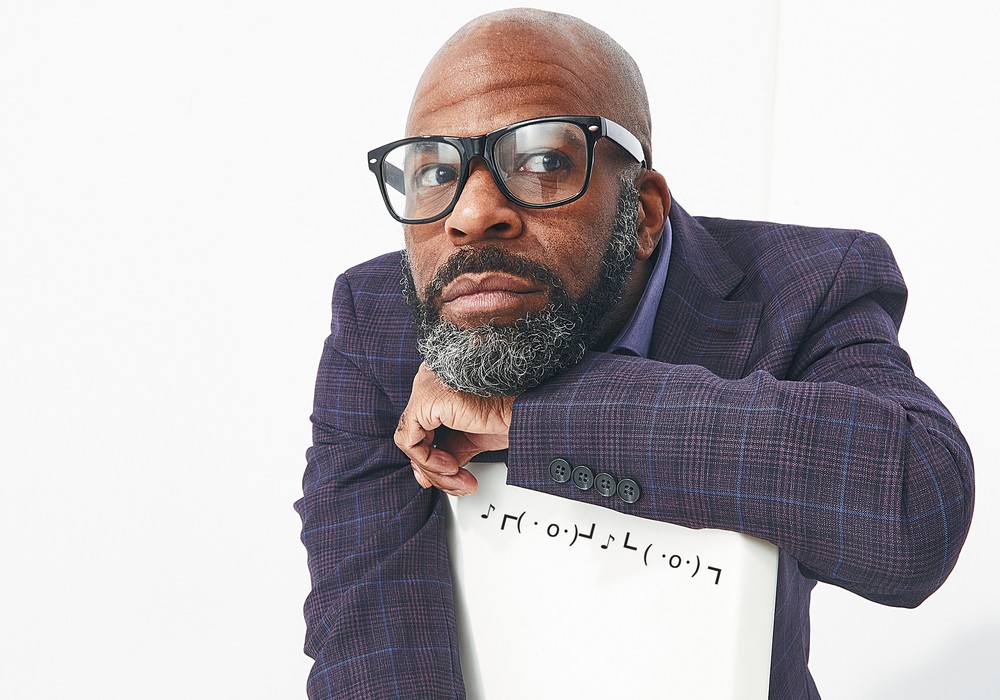The Elusive Frank Lacy
According to Dennis Herring, there is one person without whom Sweet Tea Studios couldn't function properly. Frank Lacy is a local technician and gearhead with a knack for building outboard gear to spec. His work may be little known outside of the mid-South, but he's highly valued among area studios such as Sweet Tea, Ardent, and Money Shot. "His stuff is great," Herring raved. "It's a big part of this place. I couldn't believe he was here. I moved here and started setting up, and I was thinking I needed somebody to be kind of a tech person to fix stuff, set stuff up. I called whoever was the head tech at Ardent [up the road in Memphis] at the time. And he said, 'You know, there's a guy living in Oxford now who's kinda Terry Manning's guy.' Herring was told he could probably track down Lacy at the University of Mississippi. He made some calls and found the best local resource he could imagine. "Frank's been an incredible ongoing resource," Herring said. "He's a tube inventor/builder type with complete technical skills. He can rework the 2" machine, he built all these mic boxes and wired the entire studio. But then, we've got maybe 20 pieces of his outboard gear." Among the Lacy pieces (they are labeled under two names — JFL and Lucas) at Sweet Tea are tube limiters, equalizers and preamps.
Herring and Lacy's relationship has grown to the point where Lacy will ask, "Is there any piece of gear that you wish you had?" Then he'll create anything, regardless of the bizarre request. Herring is especially impressed by one piece of Lacy's work. "I have an old silver-face 1176 that I really like," he said. "I was mixing a Jimbo [Mathus & the Knockout Society] record here and was using it on his voice and just loving the sound." Having rented Sweet Tea out to another producer, Herring moved elsewhere for most of the overdubbing on Mathus' record, setting up shop at Easley Studios in Memphis. While Herring was out, Mike McCarthy was using Sweet Tea for another session and started complaining that he thought the 1176 was broken. "Sure enough it was," Herring said. "But it was broken in this way that I was really liking. But they just went ahead and got it fixed." Later, when Herring was informed of the repair, he panicked, figuring he'd lost the "broken" sound he'd loved so much. After expressing his fears to Lacy, he was reassured, "Oh, I saved the part. I can make it the other way." So Lacy redid the limiter with a "clipping" section that contains the faulty pieces so Herring has the option of switching between the tradition 1176 sound and his beloved "broken" sound.
